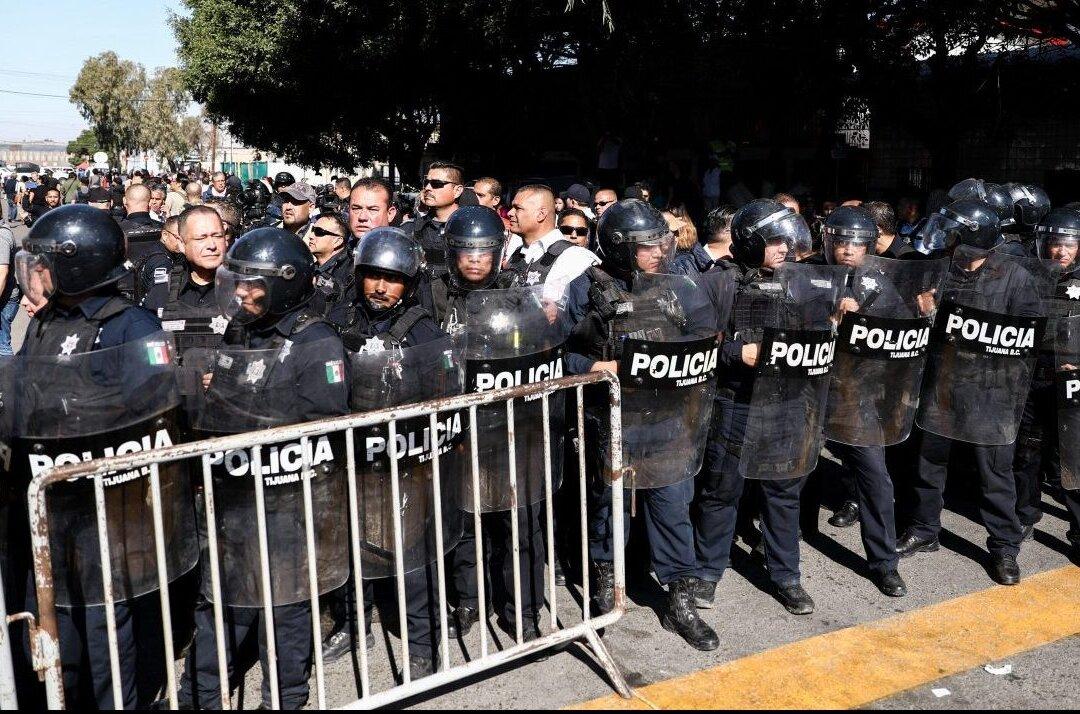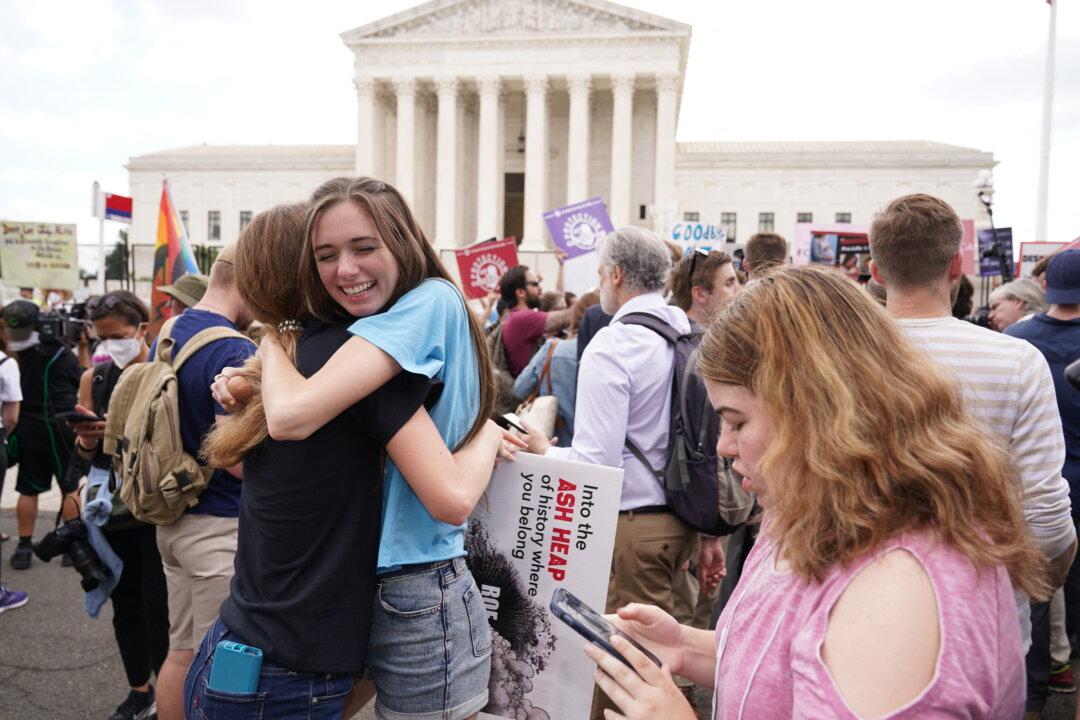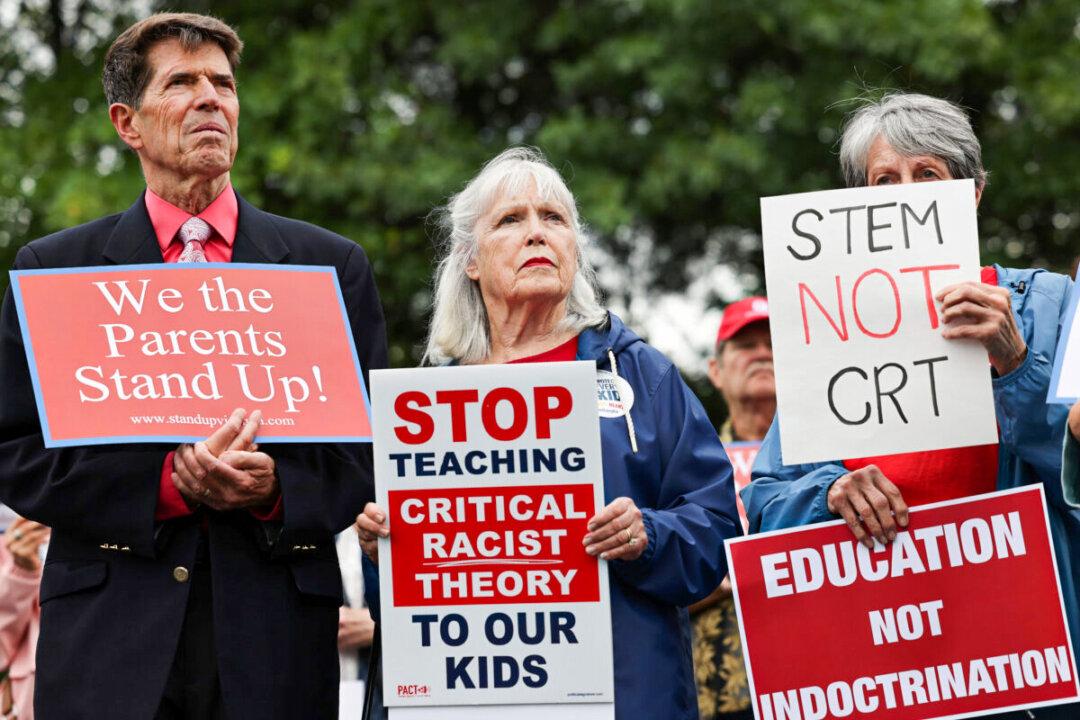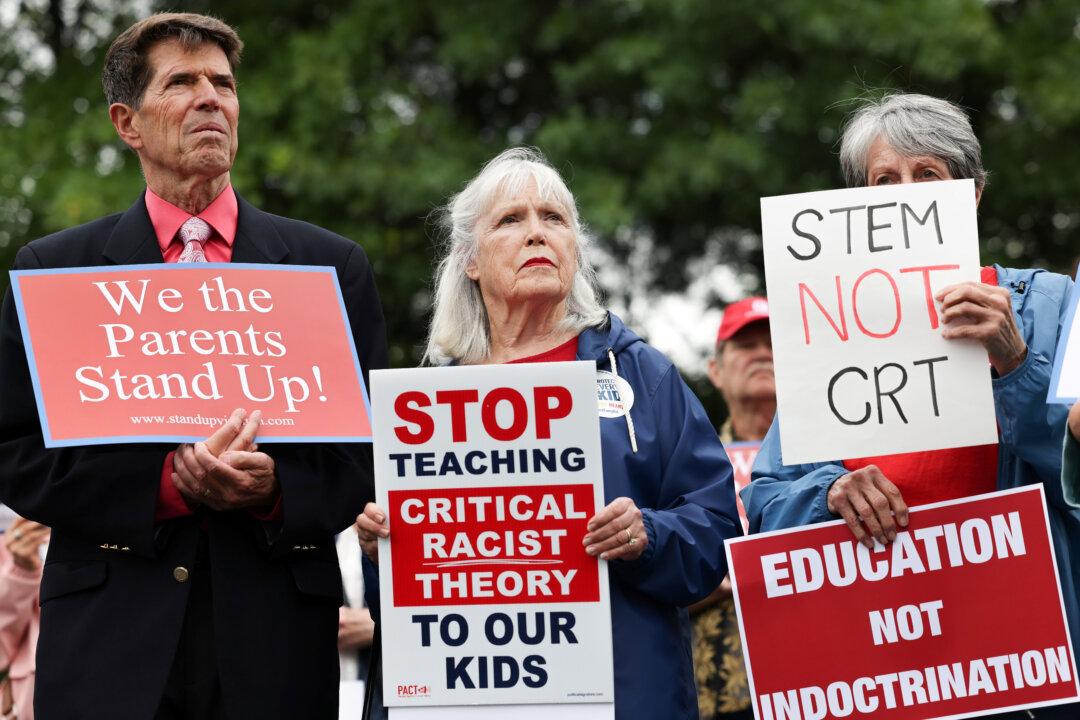A federal judge in San Francisco has blocked President Donald Trump’s Nov. 8 directive that stipulates that requests for asylum must be made at a port of entry.
The judge’s action follows a jaw-dropping Nov. 1 lawsuit from lawyers representing 12 Honduran migrants. They filed suit in U.S. District Court for the District of Columbia opposing the president’s announced asylum policy. The petition accused the president of unconstitutional abuse of the caravanners’ “lawful right to seek asylum in the United States.” At the time, the plaintiffs were more than 500 miles from the U.S. border.





